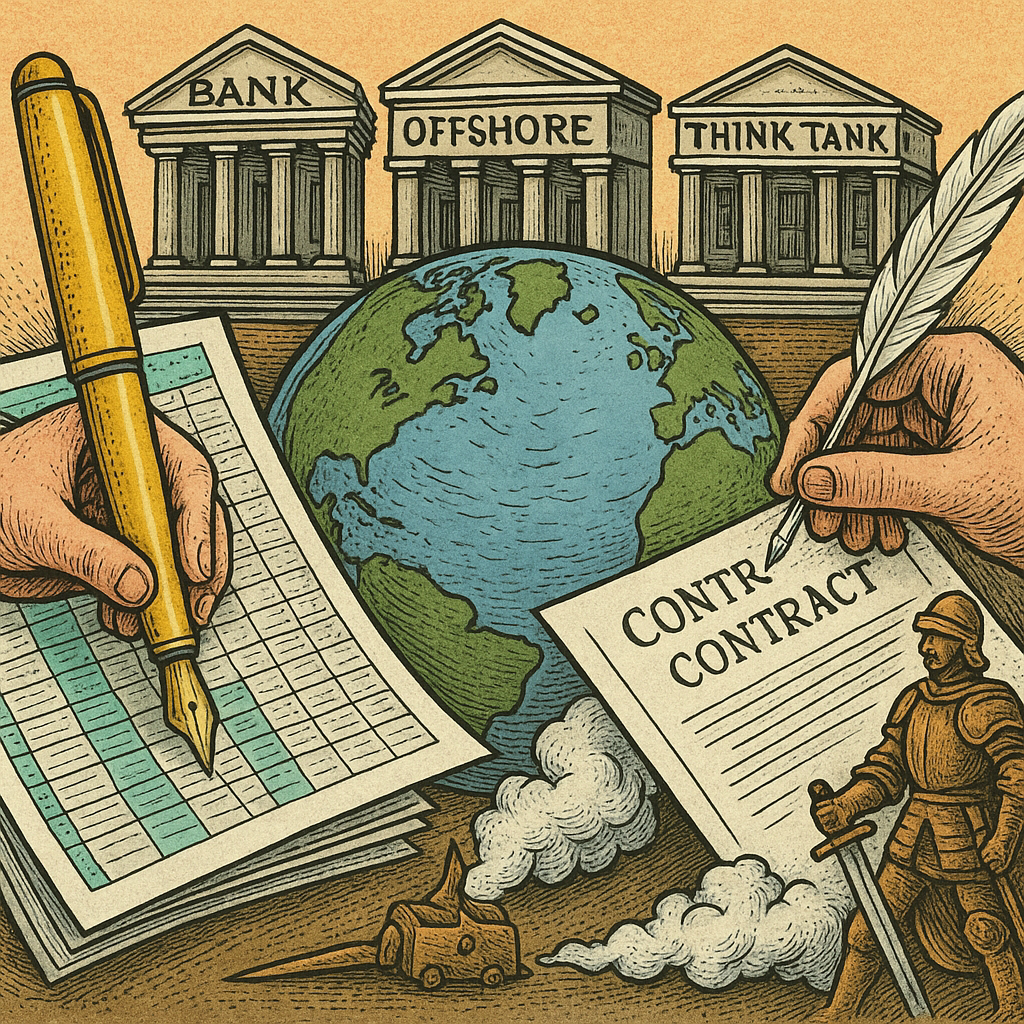19 March 2024https://youtu.be/DErVuxe24KI?si=5SZY-ufeAEiXHrAa Mercouris reminds us that although most western commentators continue to insist on a western victory, this isn't likely, and though wars of attrition might look like frozen conflicts so do arm wrestles until there is a sudden collapse, as in Saigon and Kabul, and so it would be best to plan for the unexpected.It looks like the R plan is to re-integrate formerly Russian lands, ie trace...
Tuesday, 19 March 2024
Monday, 18 March 2024
WILL THE REAL BRIGITTE MACRON PLEASE STAND UP

18 March 2024
The story around Emmanuel Macron's married life is shrouded. There is some doubt over the true identity of his wife, Brigitte. A meticoulously detailed investigation (or hoax?) has been conducted. The investigation explores discrepancies in biographies and public records.https://youtu.be/nuB5jR5HJko?si=IIbUIPsqwHQ0jetX
Inputs were photos of Brigitte, her older brother Jean-Michel. At different stages in her life...
Saturday, 16 March 2024
IR HEROES: JOHN J MEARSHEIMER

16 March 2024
**1. Introduction**John Mearsheimer is an American political scientist and international relations scholar. He is best known for his work on offensive realism, a theory of international politics that emphasizes the role of states pursuing power to ensure their survival in an anarchic world system.2. Academic BackgroundMearsheimer's academic journey began with a Bachelor's degree from the United States Military Academy at...
UNDERSTANDING SOME DEEPER ISSUES OF THE CONFLICT IN THE M.E.

16 March 2024
Two points today. One is to explain the unfathomable depths of cruelty in this war of religion, this conflict, which by the way surpasses the treatment received by the Dews at the hands of the Germans in the last war, although not numerically. The other is to understand why the American administration is a supporter and bystander, but has no agency, is impotent, faced with this butchery, which contravenes all its values.1. A...
Friday, 15 March 2024
SEMITES FIGHTING

15 March 2024Sitting in a coffee bar myself now. The irony is. Starbucks is supposedly every dollar you spend buys a bullet to put in a Palestinian's head.*As you may know, Due and Palestinian have the same father, they are semites, they are brothers. Abraham (Ibrahim) is their father. He had two sons, from his two wives. Sarah, who was too old to have children, so he married Hajjar, a second wife.Sarah did conceive! A little boy, Isaac. And...
A ROMANTIC PERSON

15 March 2024
A ROMANTIC MAN IS
A romantic man often embodies
characteristics and behaviours that are attentive, thoughtful, and expressive,
aimed at making their partner feel loved, valued, and special. Here are some
key traits:
1. Thoughtfulness He remembers important
dates, preferences, and small details about his partner, demonstrating that he
listens and values their interests and needs.
2. Expressiveness...
MACRON STOP STRUTTING START WORKING

15 March 2024
OP-EDThe televised interview with Macron that put the world into fear and trembling turned out to be as far as I read it a damp squib - he was originally pitching for deployment of French combattants on Ukrainiansoi, but at his press conference he rowed back on this.What's important to notice is that it was his opening shot in his election campaign with elections in 3 months He was supposed to be advocating French boots...
WINES OF BALI

16 March 2024
Wine from Bali, grapes grown on the slopes of the hills.In Bordeaux, the soil is gravel, limestone, and clay. Gravel soils of the Left Bank area are well-draining and keep the heat, helping to ripen the Cabernet Sauvignon grapes.Limestone and clay soils of the Right Bank benefit Merlot and Cabernet Franc grape varietiess as they provide moisture and cooler conditions.I know nothing about the soil types in Bali, but the wine...










